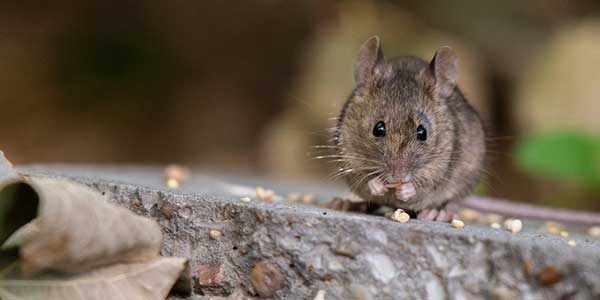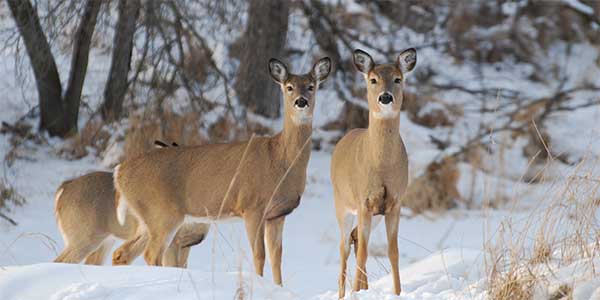Avoiding Conflict with Local Wildlife
What To Do About Black Bears, Raccoons and Other Scavengers
As black bear, raccoon and coyote numbers increase in some North American communities and more people move into their habitat, encounters between wild animals and people have risen. You can take simple steps to avoid conflicts.
How To Prevent Conflicts With Wild Animals
- Make trash cans inaccessible. Bring them inside at night or buy a bear-resistant trash can or an enclosure for the container.
- Enclose your compost pile. Open compost piles, especially those that include kitchen scraps, are an irresistible treat in bear country. Burying compost won’t work because bears will easily find and dig it up.
- Recycle wisely. If you store recyclables outside, use enclosed bins (persistent raccoons will break into even ruggedly built bins).
- Keep your barbecue grill clean and as free of drippings as possible. Move the grill away from your house when you aren’t using it and clean it regularly with ammonia or bleach.
- Rethink your bird feeders. In the summer, birds can make do with naturally available foods. If you do set up feeders, install them away from your house.
- Communities experiencing bear problems can take steps such as fining people who knowingly or unknowingly feed bears, requiring bear-resistant trash cans, distributing educational flyers and training police and animal control officers in aversive conditioning techniques that use rubber bullets, fireworks and pepper spray.
“There’s no question that it’s possible for people and bears to coexist without serious problems if we’re willing to manage our food and garbage.” The same goes for raccoons, coyotes and other wild animals, too.
Discover More
Humane Rodent Solutions
Rats and mice live alongside us, thrive because of us, and survive in spite of our attempts to eradicate them.
Humane Backyards
A humane backyard gives wildlife a safe place to live free from pesticides, chemicals, free-roaming pets, inhumane practices (such as trapping) and other threats.



